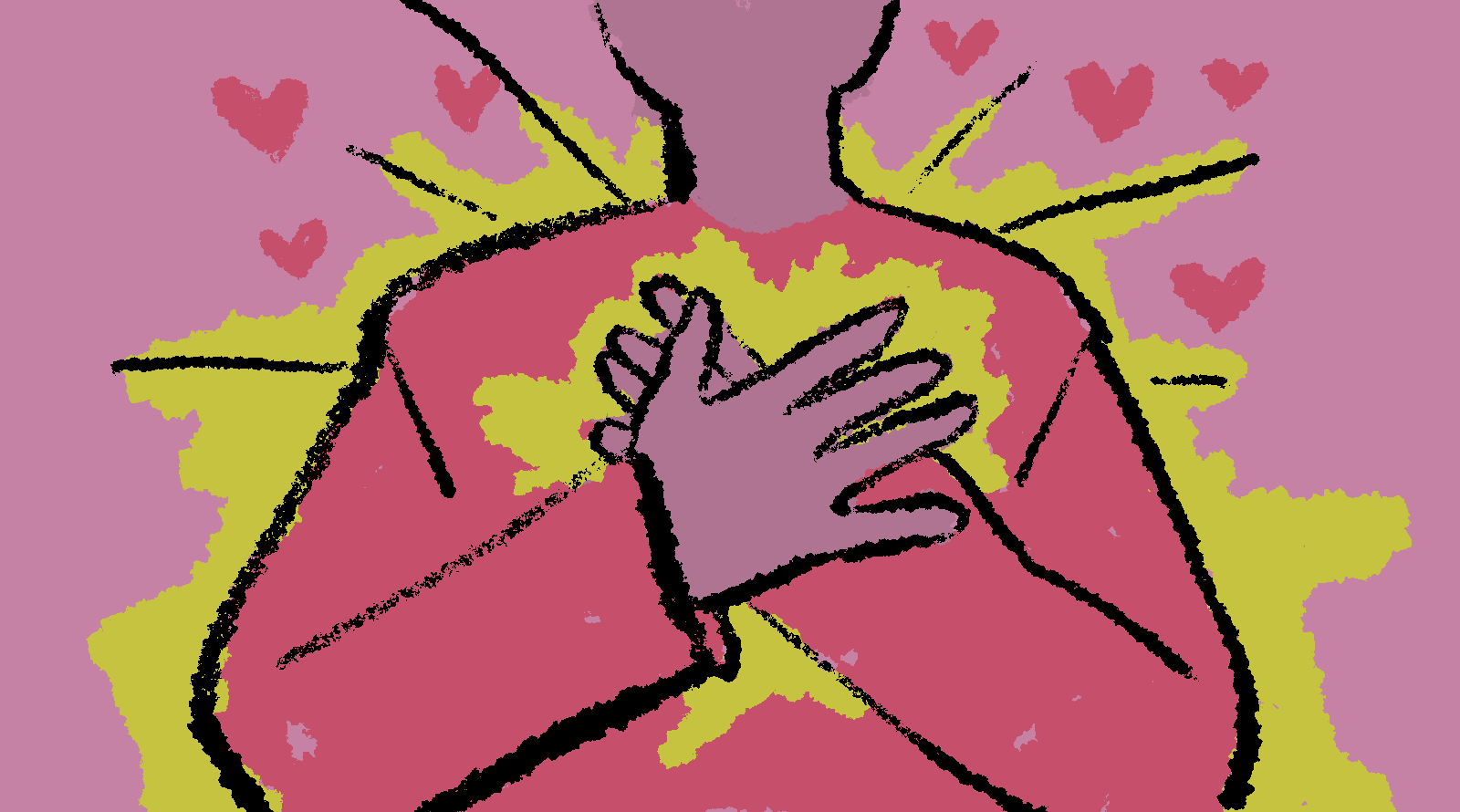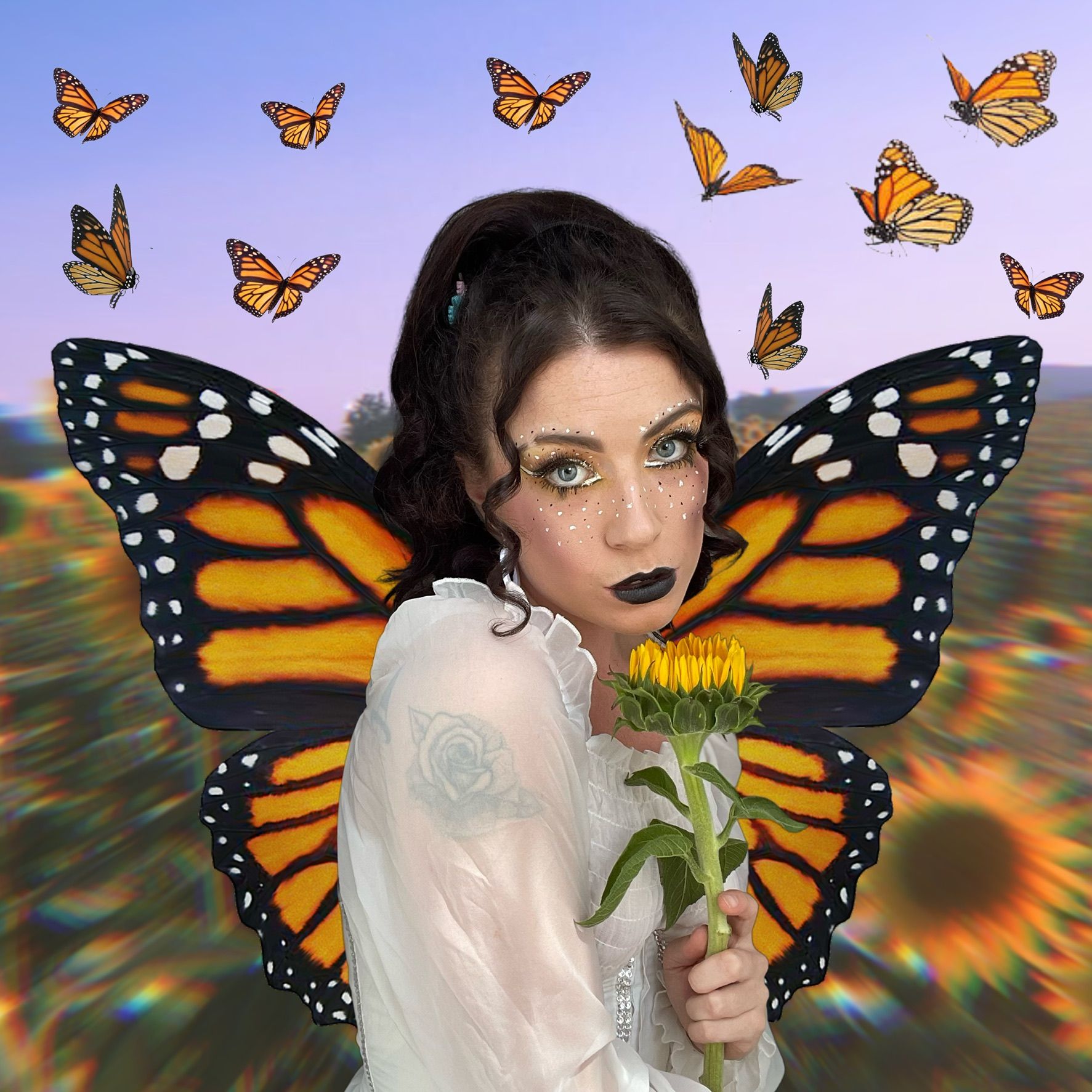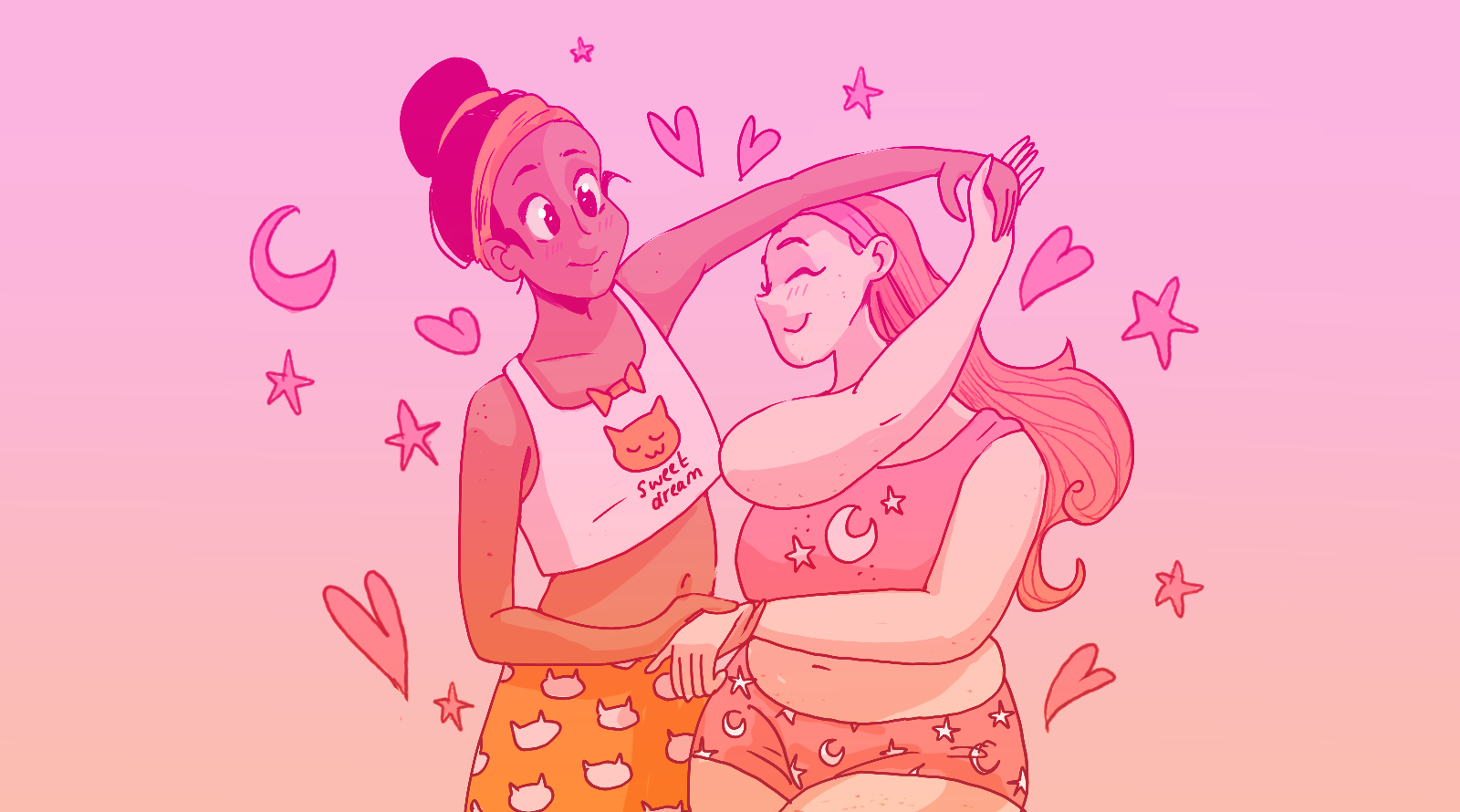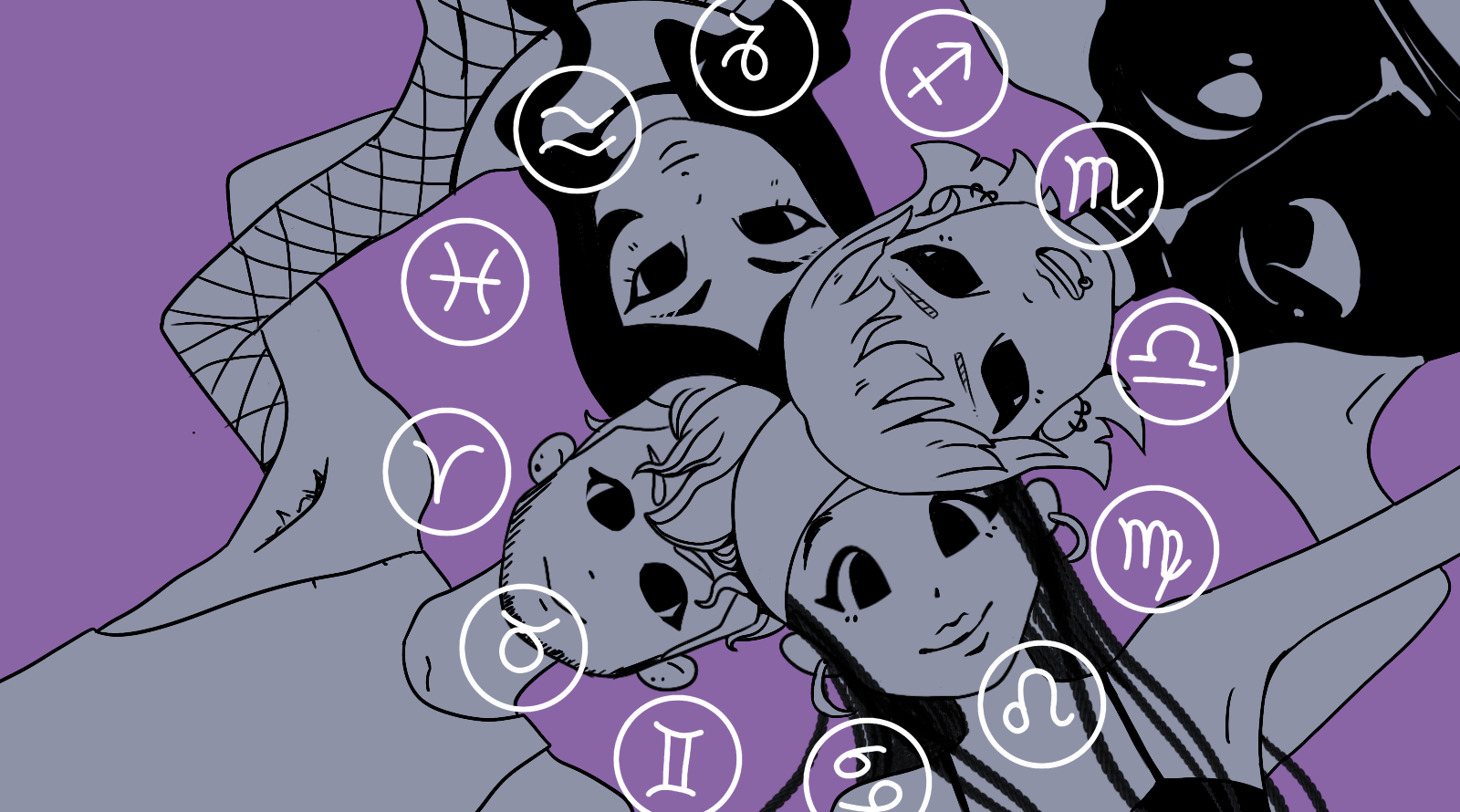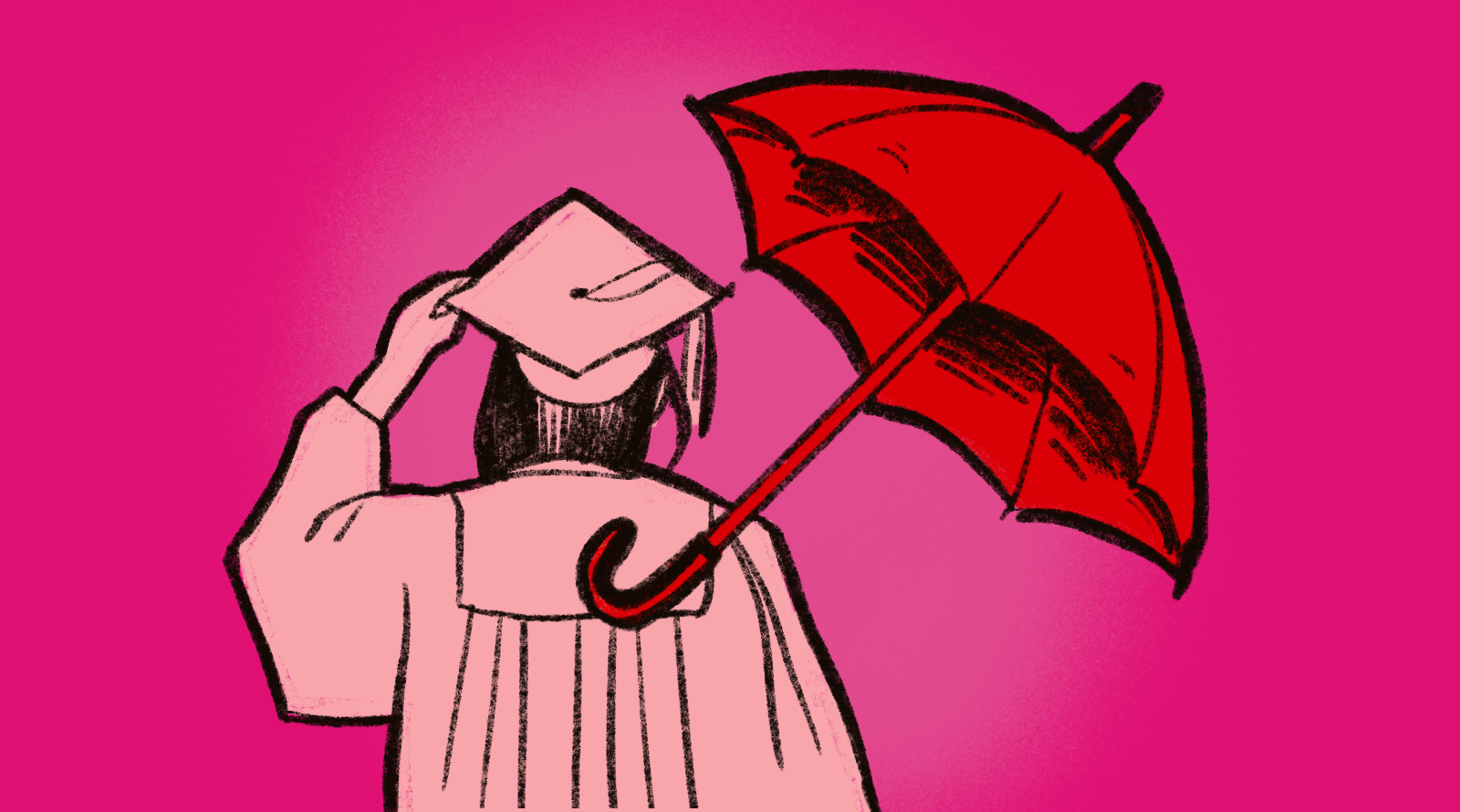When thinking of ways to approach this piece, a quote that kept coming to mind was, “If you can’t love yourself, how in the hell are you gonna love somebody else?” by RuPaul. A polarizing message that some agree with, but others find problematic. Those who agree with the quote argue that because humans are social creatures, in order to coexist with others, we must be able to love those we choose to share our lives with. And in order to receive that love back, we must believe we are worthy of it; which is achieved through loving yourself. Those who are against this quote argue that we shouldn’t be endorsing the idea that you aren’t worthy of love if you don’t love yourself. I see the validity in both sides of this division, but when I apply this quote through the lens of activism, I have to agree with its message.
I have been labelling myself as a sex work activist since 2020. My activism journey began in 2019 after ending things with a Sugar Daddy who had grossly overstepped a boundary. He tried to paint a negative image of me to acquaintances of mine, so in order to reclaim my own narrative, I wrote a blog about my experiences being a Sugar Baby. I published the blog thinking that only my inner circle would read it. To my surprise, a few days after publishing the blog it had been read by 3000 people. My DM’s were flooded with messages from other sugar babies saying they resonated with my experience, and messages from civilians saying they learned a lot about the world of Sugaring from me and were grateful for my candidness.
I started writing more blogs about my experiences doing sex work, and over time media outlets and podcast hosts were reaching out, requesting to interview me about the sex work industry. When being interviewed, I was referred to as “sex work activist Vixen Temple.” I remember thinking to myself, “Is that what I’m doing? I’m an activist?” I had written about my experience in order to challenge the narrative that was written for me not just by my ex-Sugar Daddy, but by a whorephobic society. And as a result, I was now being referred to as a sex work activist, and it made me feel empowered. Through standing up for myself, I had in turn stood up for my community. Through speaking my truth – and doing it unapologetically – I was helping to raise awareness around topics that are swept under the rug.
Through standing up for myself, I had in turn stood up for my community.
My favorite definition of activism comes from Revolutionary Witchcraft: A Guide to Magical Activism by Sarah Lyons: “Being an activist means, in part, being actively engaged with the world around you. It’s like making a pact between yourself and the spirit of the earth, that you’re going to continue fighting for it, and looking at the bad parts of it, even when that’s deeply uncomfortable.” I have made this pact to myself and the world, and I do not regret it. Through activism, there are moments where I am confronted with the harsh cruelty of the systems set up to keep so many of us oppressed. I have also been confronted with the ways in which I do have privilege, and how my privilege has resulted in the oppression of others. But instead of feeling helpless, or riddling myself with guilt, I am inspired to take action.
For many of us, we find it easier to stand up for others than we do ourselves. A friend of mine recently confessed to me that, despite how much they will stand up for queer friends whenever they apologize for being too “loud”, “dramatic”, or “camp”; they will then proceed to judge themselves for the very thing they just told their friends to be proud of. “I’ve discovered that this weird contradiction is a strange form of selfishness,” said my friend. “Everyone deserves liberation, equity, and respect... Except me? Because I am special? I'm different? Because everyone needs a target so it might as well be me, right?”
I related to this greatly. Growing up, I found it much easier to stand up for others than myself. If someone was bullying a friend, I wouldn’t hesitate to step in. If someone bullied me, I was quick to apologize. I would make myself passive and cower into myself. If you had told that version of myself that I would one day be speaking inside Aotearoa / New Zealand Parliament demanding justice for an injustice I experienced due to being a sex worker, I don’t think I would have believed you. Speaking at Parliament helped me understand that through saying, “I am a sex worker and I still deserve access to basic human rights”, I am in turn saying, “all sex workers deserve access to human rights.” Through being an activist, I have learned that when I stand up for myself, it has a ripple effect on my wider community.
Through saying, “I am a sex worker and I still deserve access to basic human rights”, I am in turn saying, “all sex workers deserve access to human rights.”
When engaging in activism, it's important to recognise where you, yourself, deserve liberation. If you're advocating for someone in the same or similar circumstances as you, but you're unwilling to extend that courtesy and advocacy to yourself, you risk your words ringing hollow. It wouldn’t make sense for me to say, “sex workers deserve to be treated with respect”, whilst simultaneously thinking, “I am worthless and disgusting because I have sex to pay my bills.” Through my sex work activism, I had to confront my own internalised whorephobia in order to fully commit to the pact I made when becoming an activist. And by doing so, whenever I’m challenged by sex work exclusionary radical feminists, I will not back down. Because I believe, I know to my core, that I – a sex worker – am worthy of basic human rights. And therefore, all sex workers are worthy of basic human rights.
Throughout my activism journey, I have received messages from sex workers saying that they too have taken on this mentality after seeing me be unapologetic about being a sex worker. In a whorephobic society that benefits greatly from the internalized shame towards our line of work, being proud to be a sex worker is a revolutionary act. I think of the moments in my life where I have been made to feel ashamed of things I want to be proud of: my queerness, my sensitivity, identifying as Māori. Whenever I feel shame towards these traits, I think of moments where I have witnessed others be unapologetically queer, sensitive, or Māori. Through seeing others love themselves despite being told they shouldn’t, I realized that I too am worthy of loving myself. The more I love myself, the more I want to stand up for myself, and in standing up for myself, I stand up for my wider community. And so the cycle continues.
Through the process of liberating myself from my own internalized shame, I hope to liberate those around me from theirs, because we are not free until we are all free. I care about my community so much. I am the community. I am a part of it, we are all connected. I love my community, therefore I love myself. Because I love myself, I know I deserve and am worthy of receiving love, and because I know that, I feel armored whenever I engage in activism.
Are you a sex worker with a story, opinion, news, or tips to share? We'd love to hear from you!
We started the tryst.link sex worker blog to help amplify those who aren't handed the mic and bring attention to the issues ya'll care about the most. Got a tale to tell? 👇☂️✨

